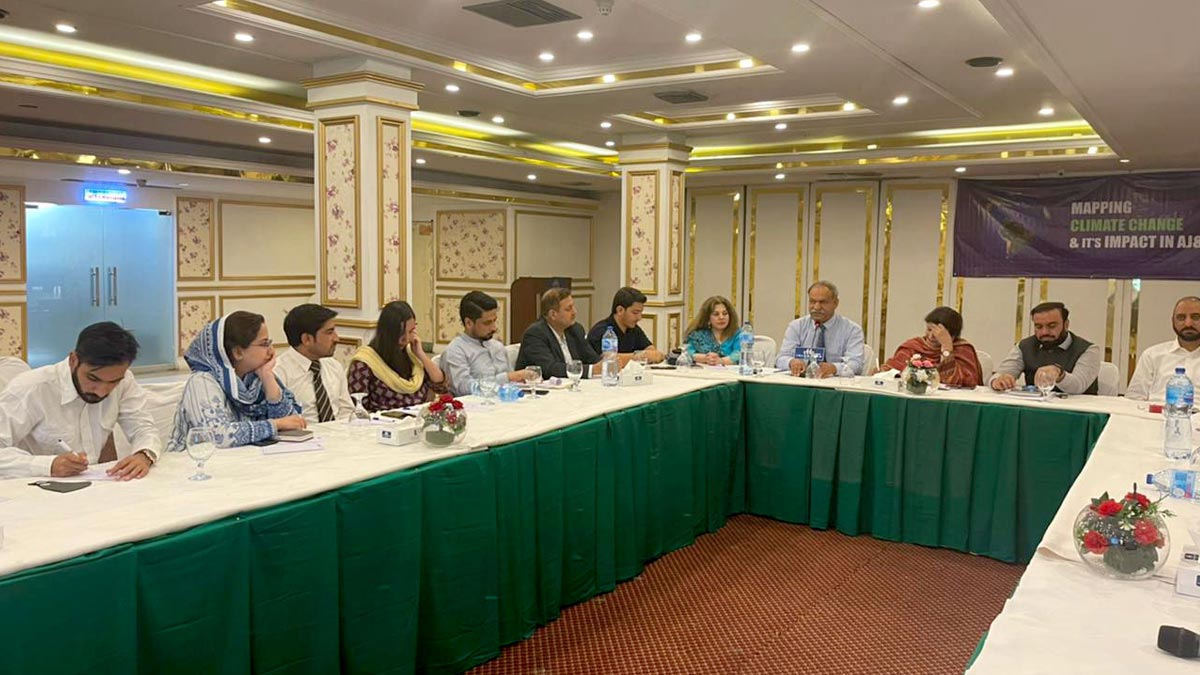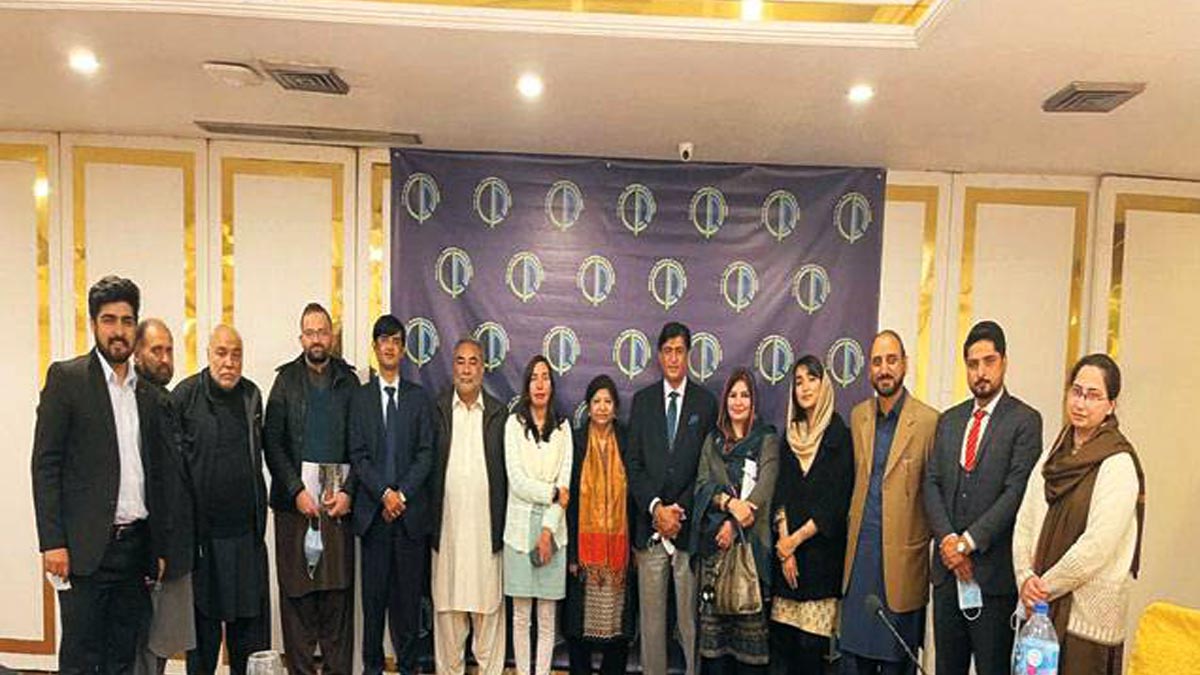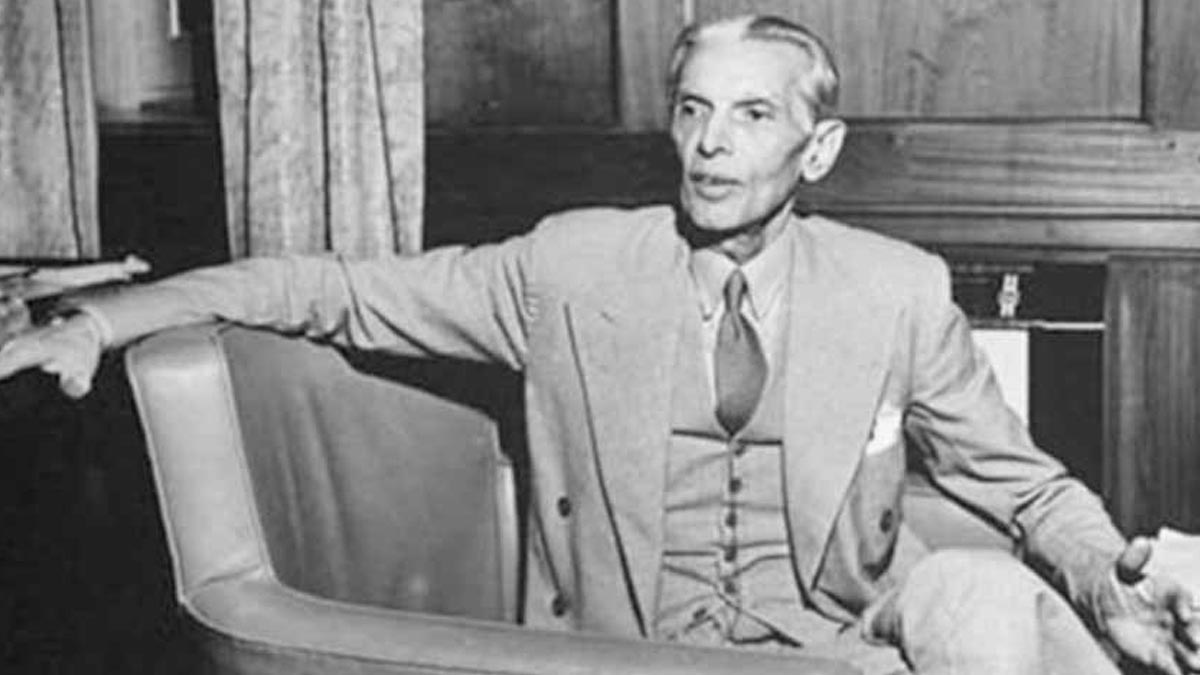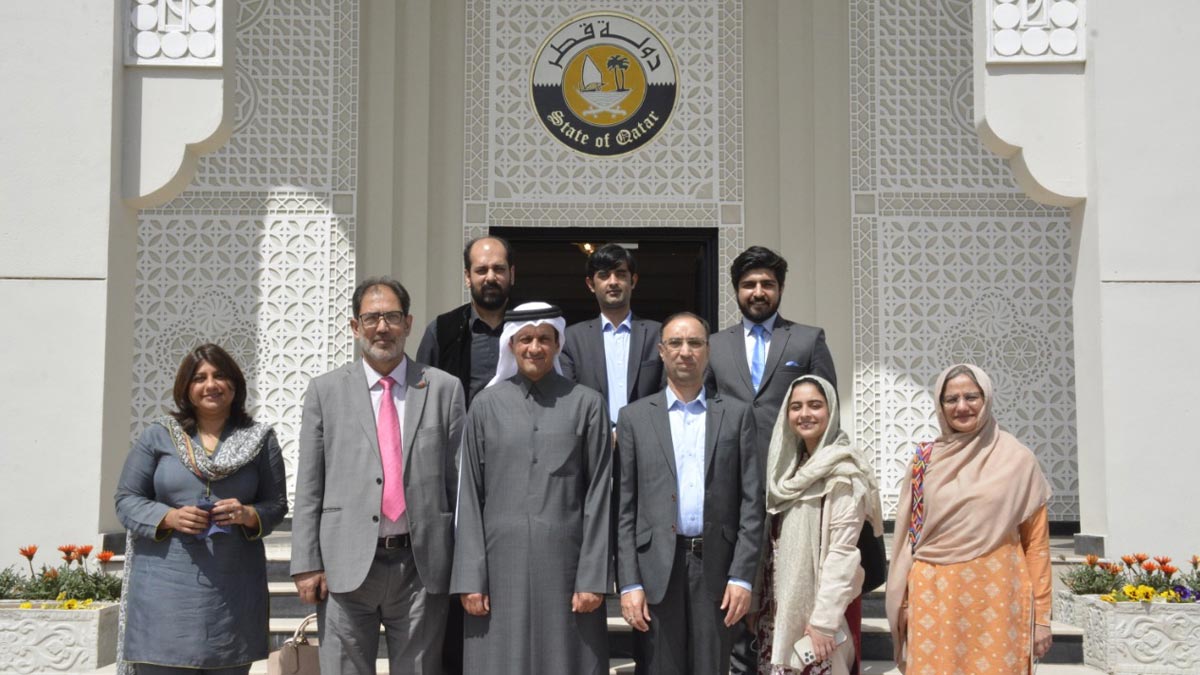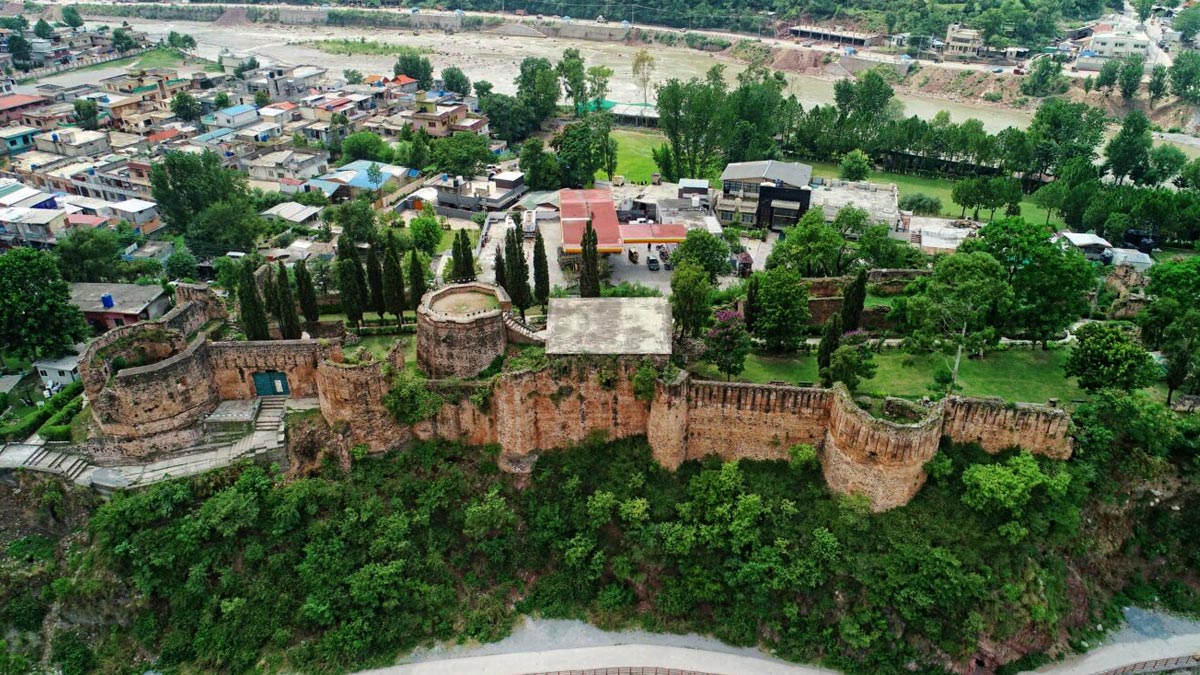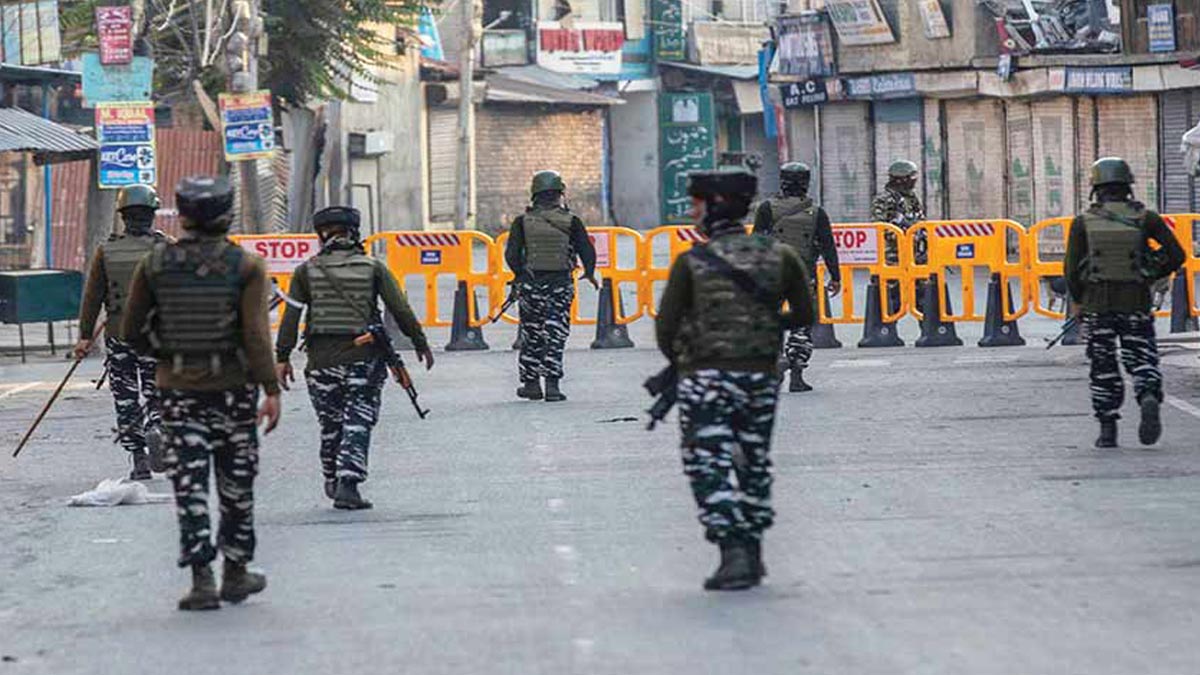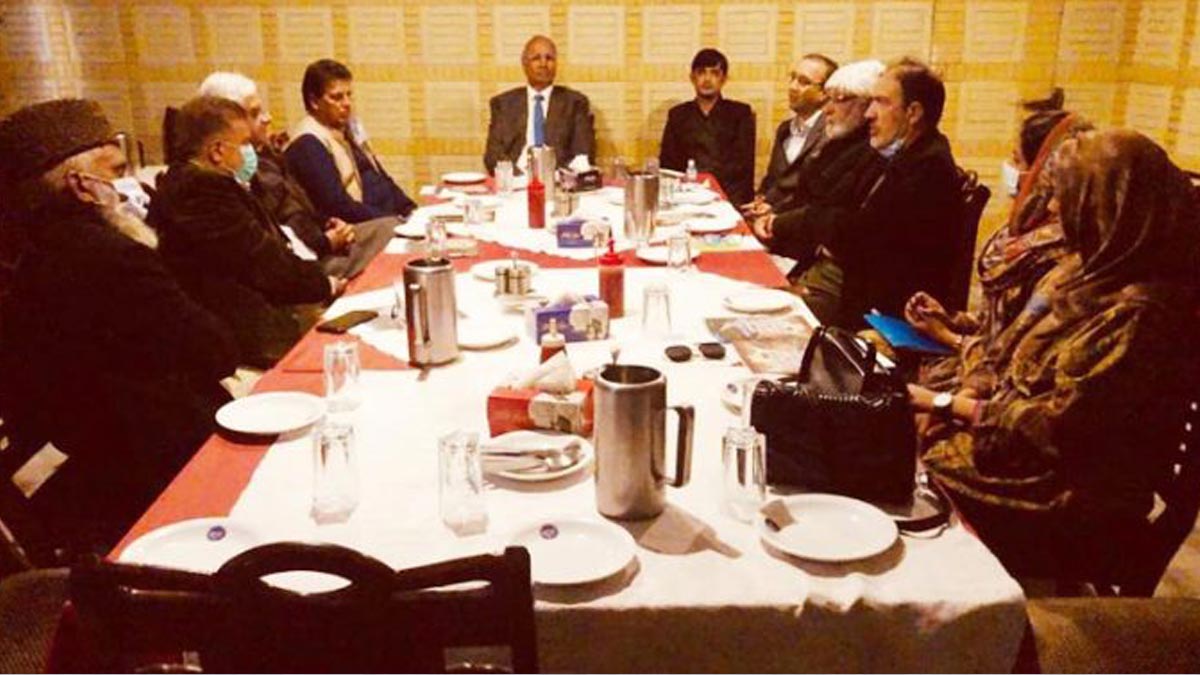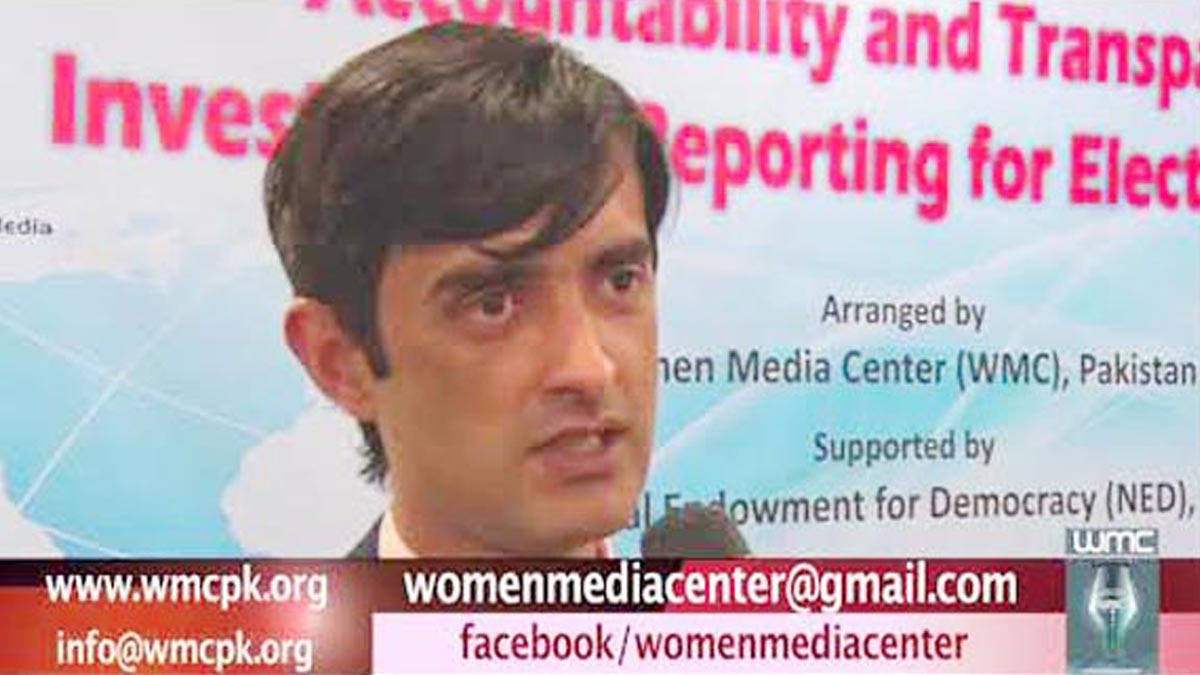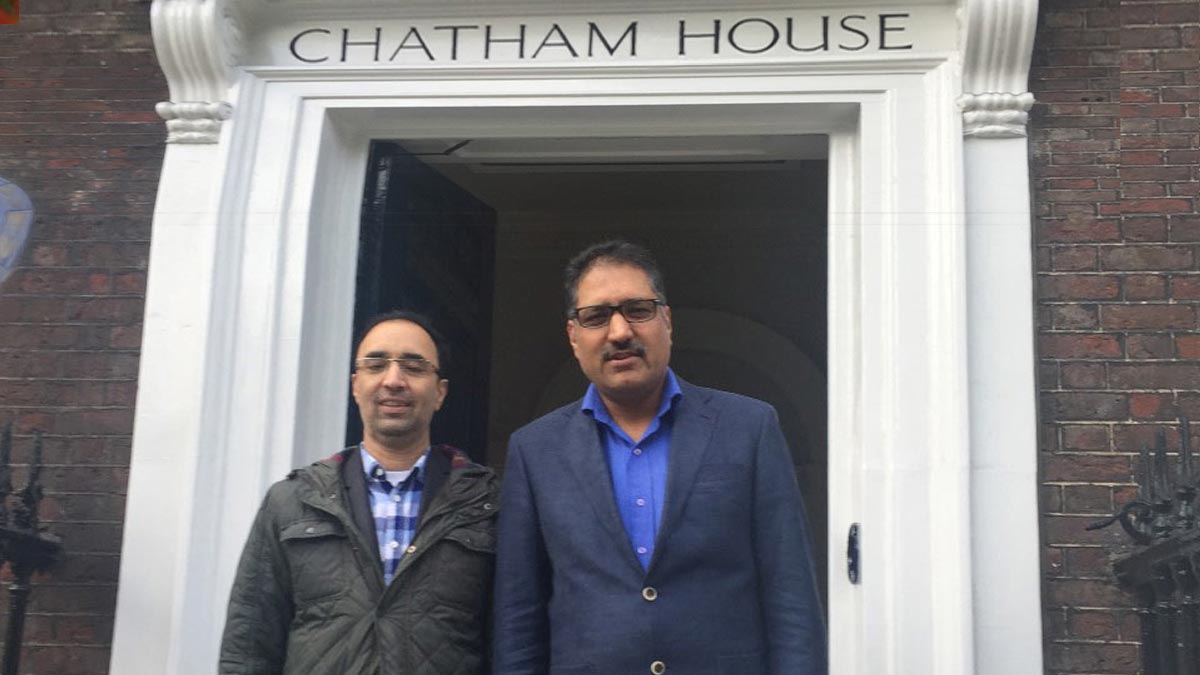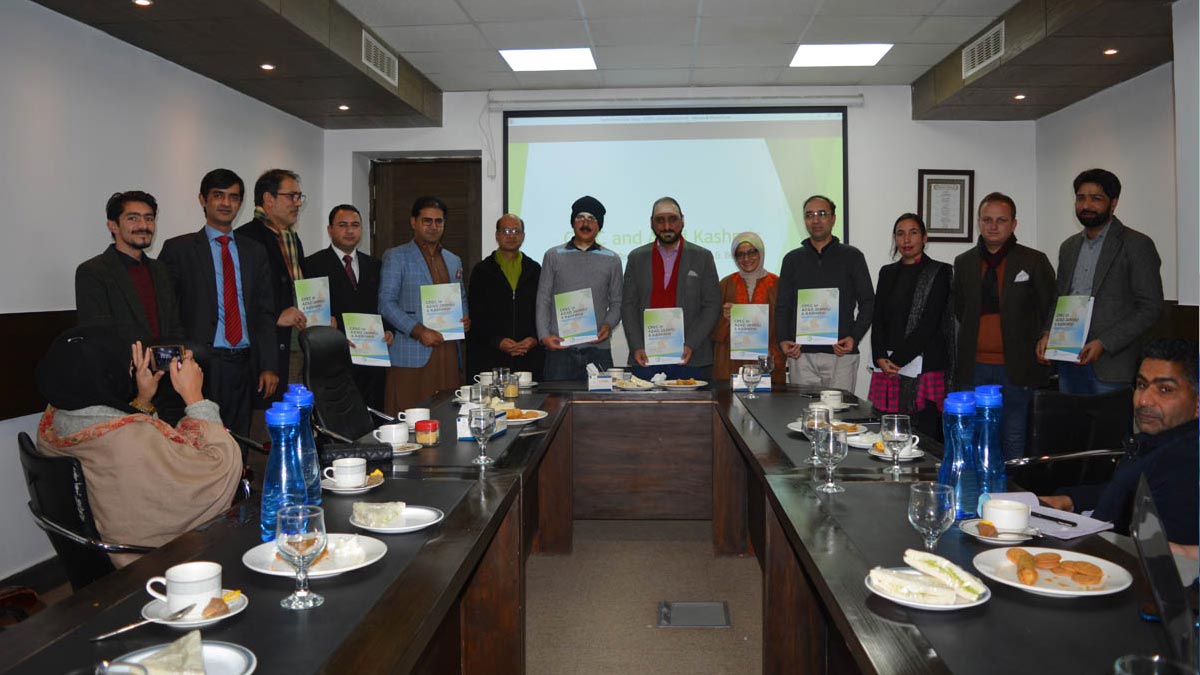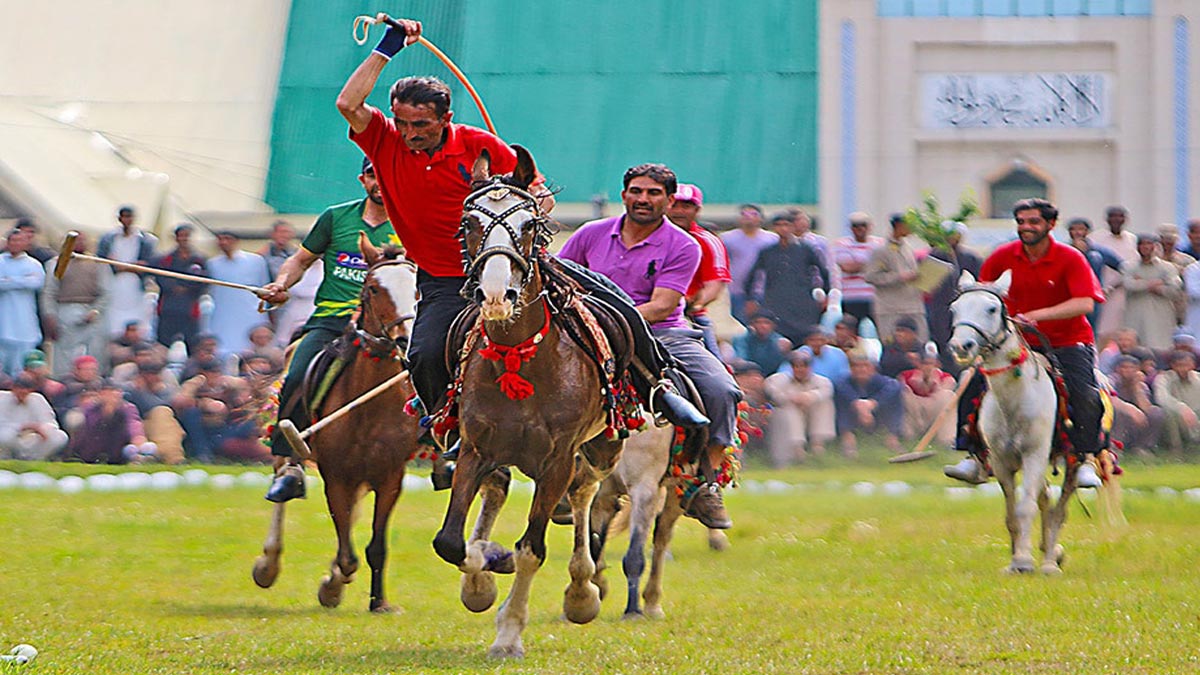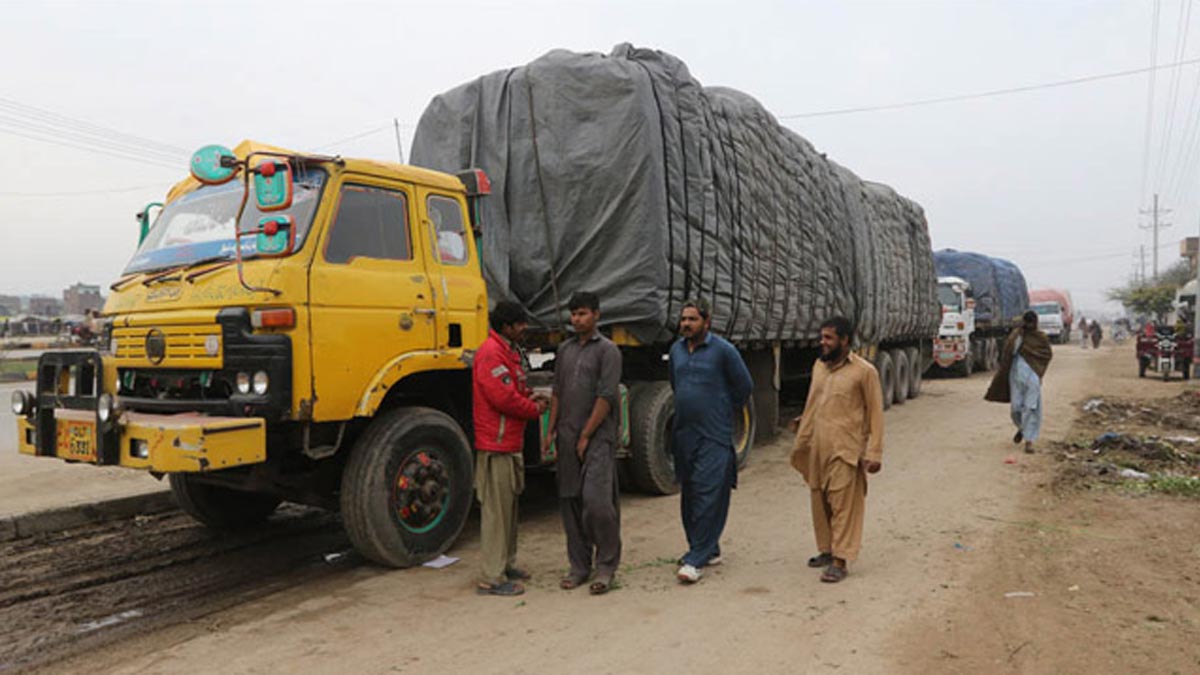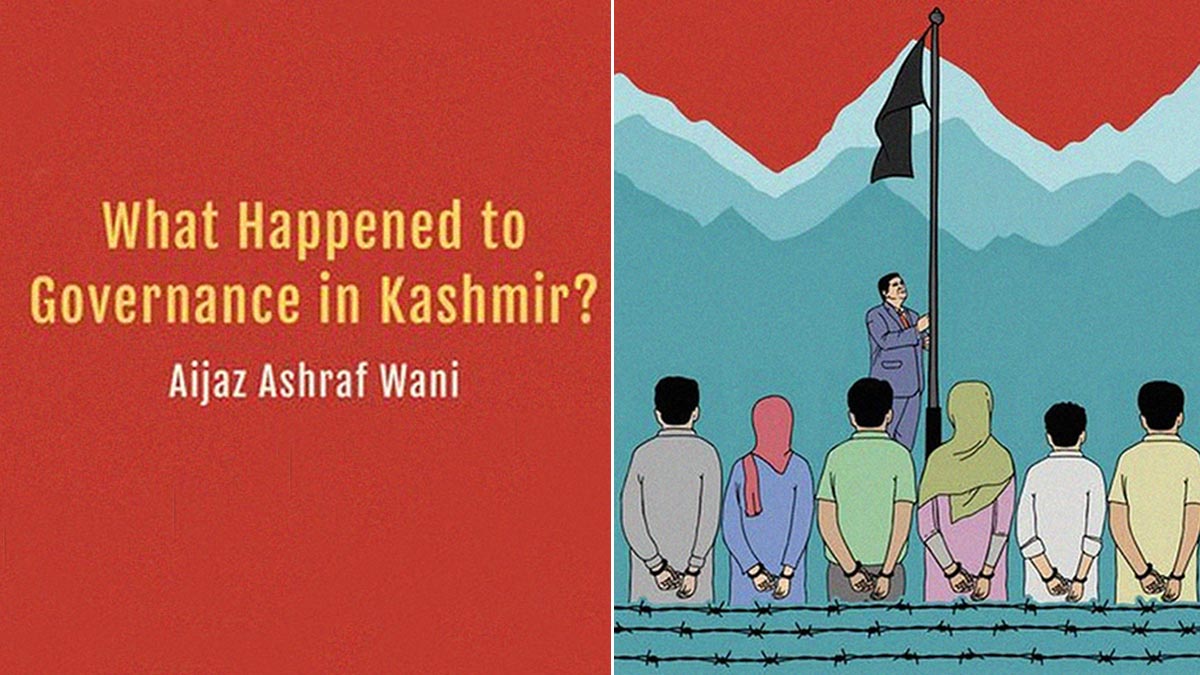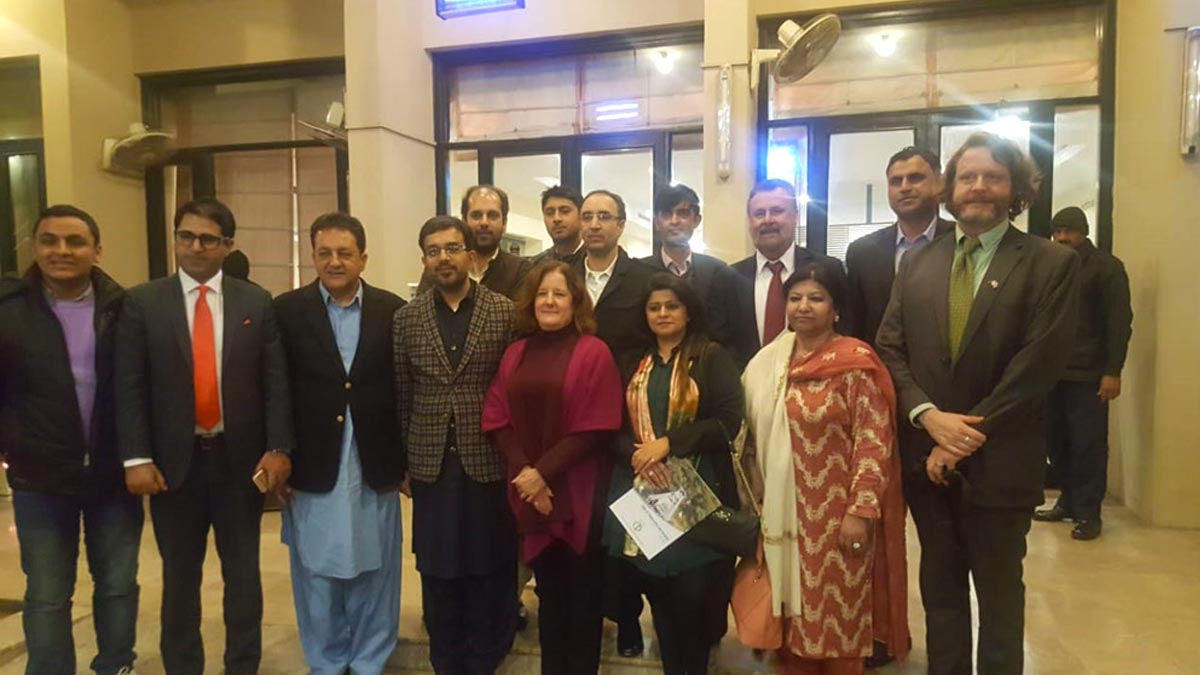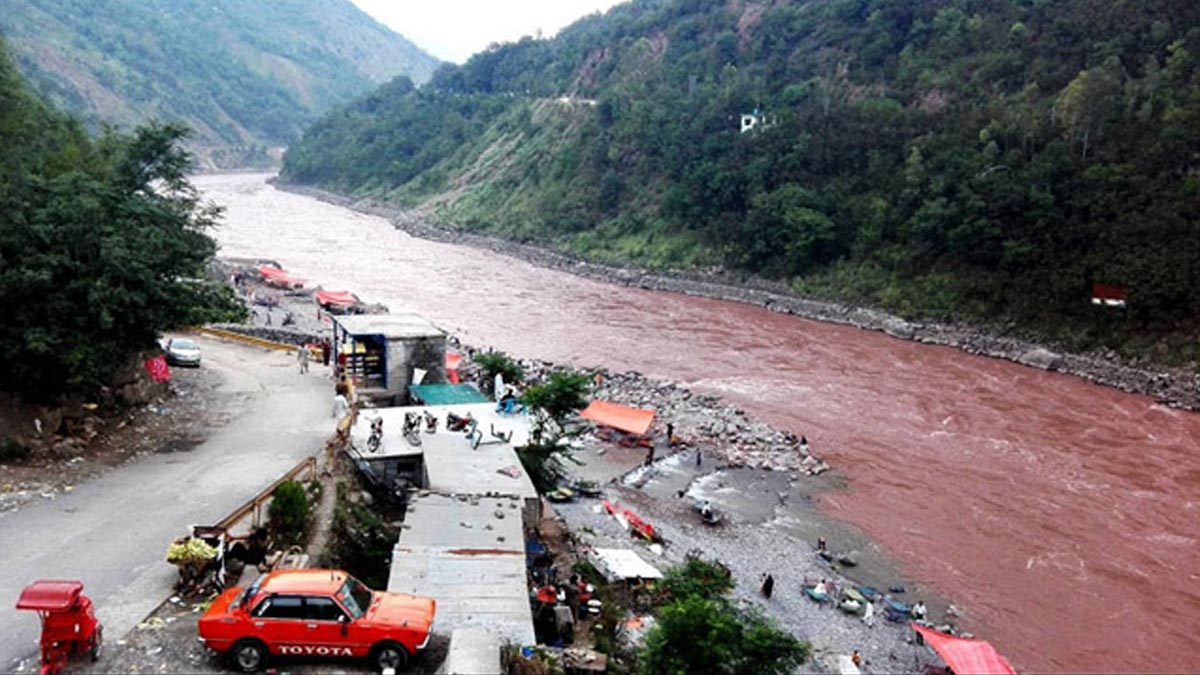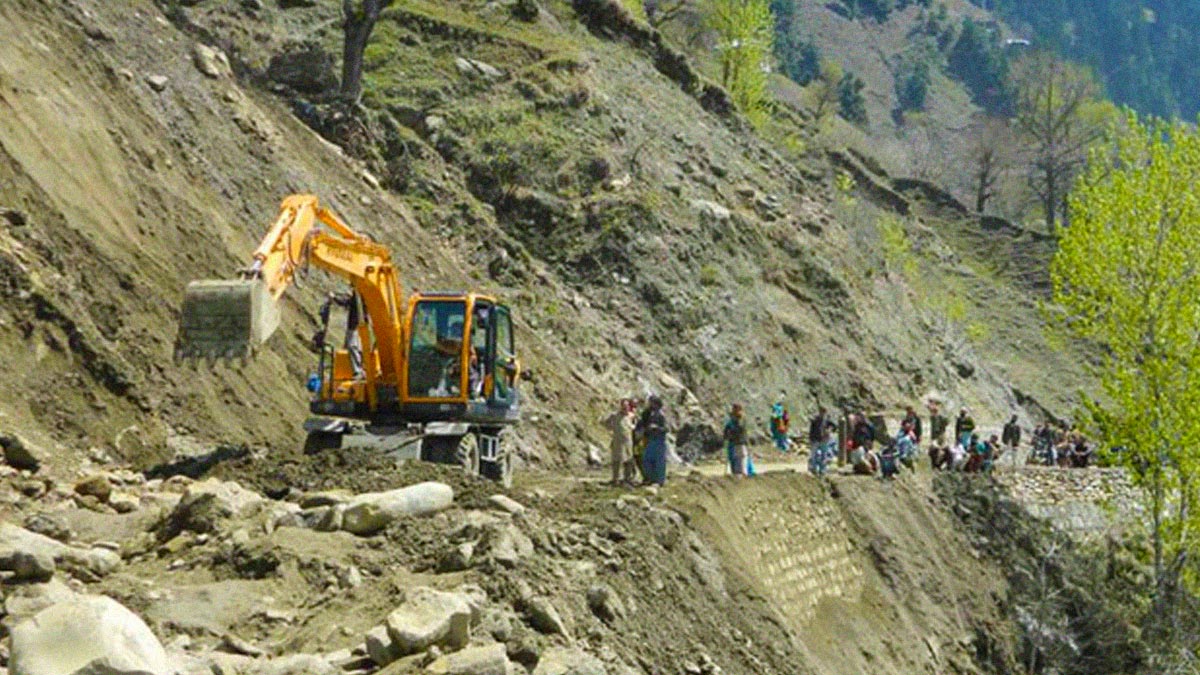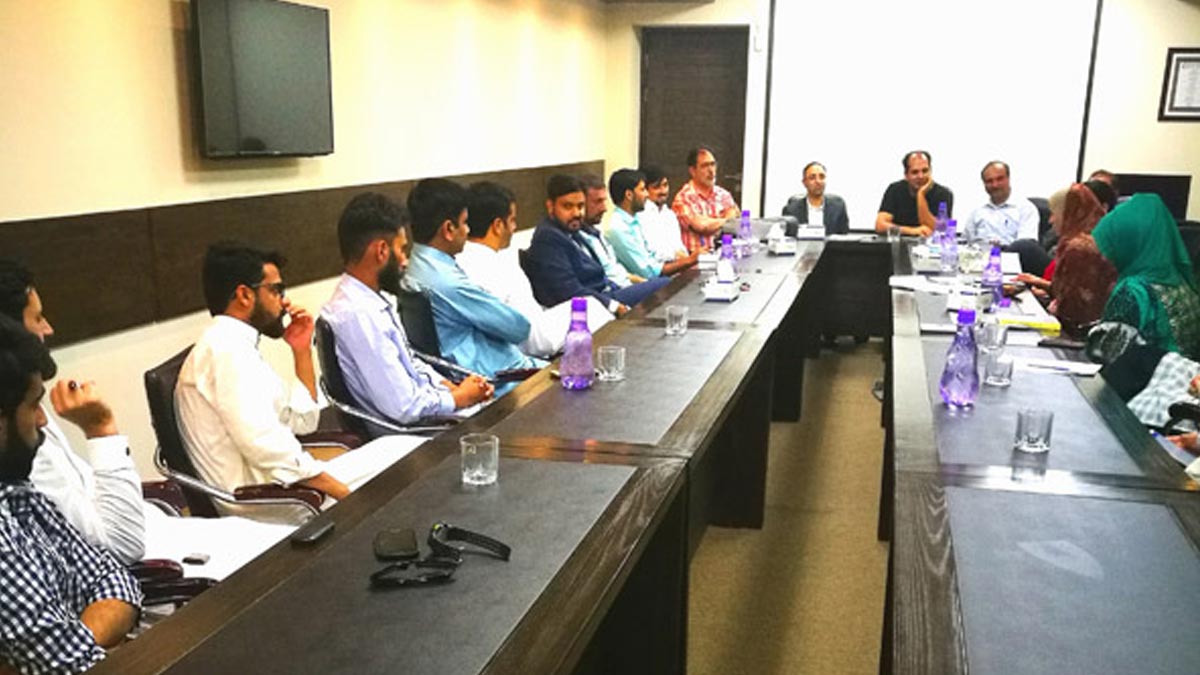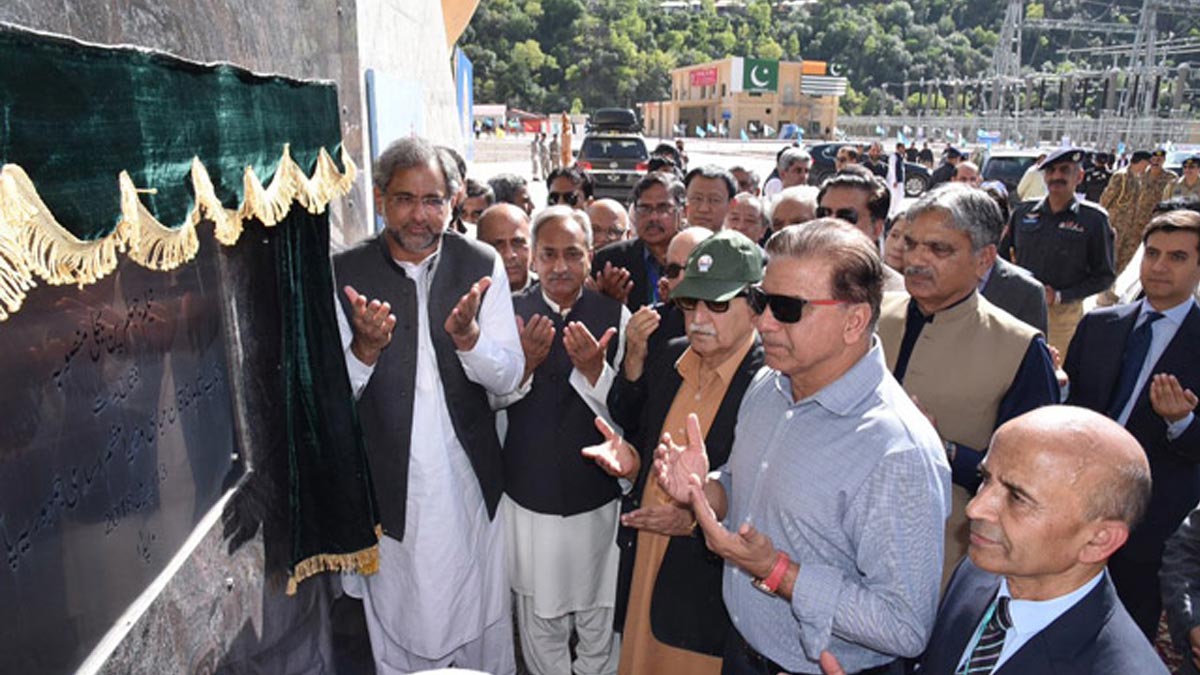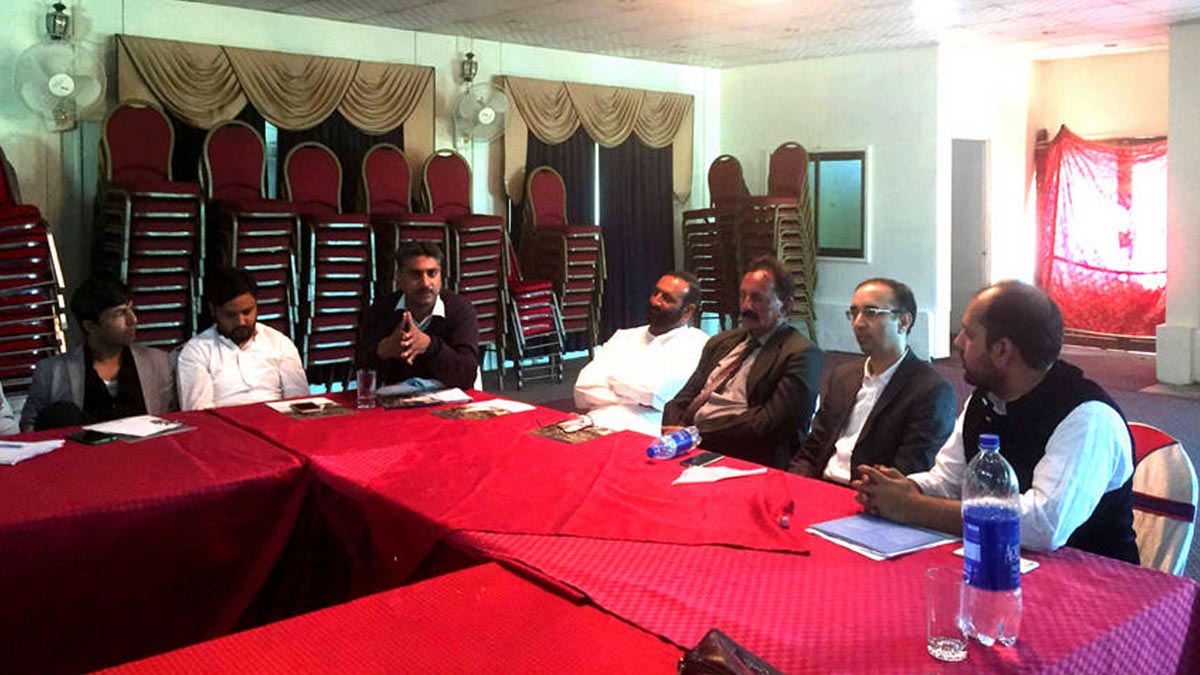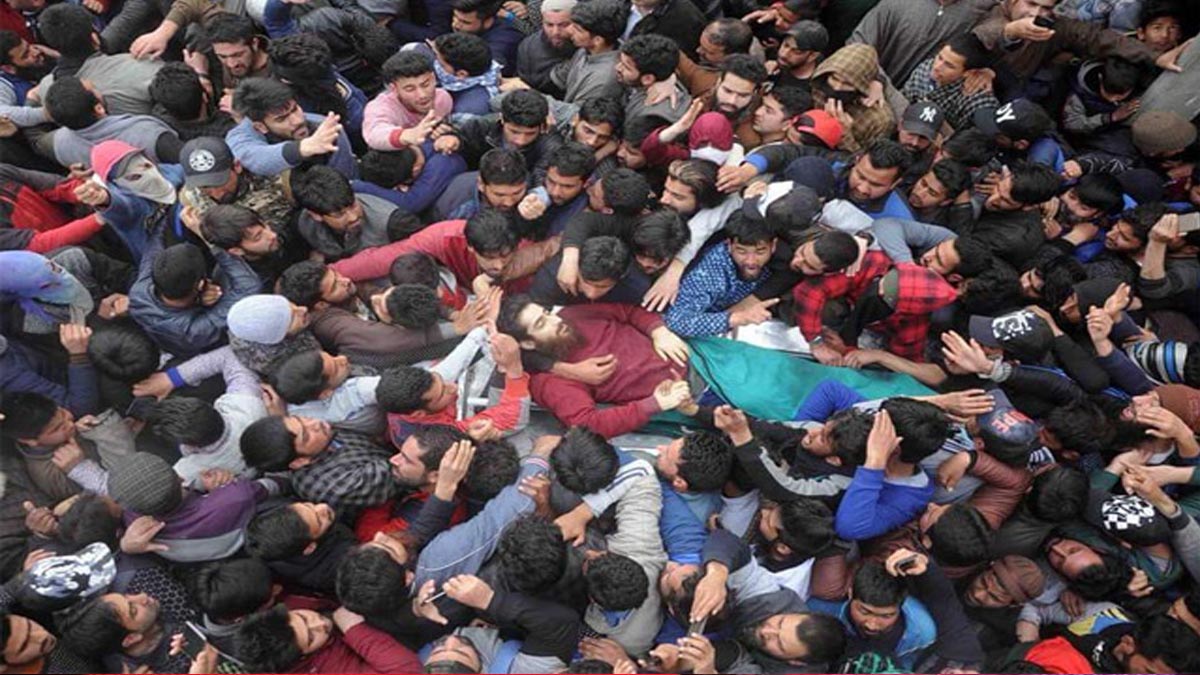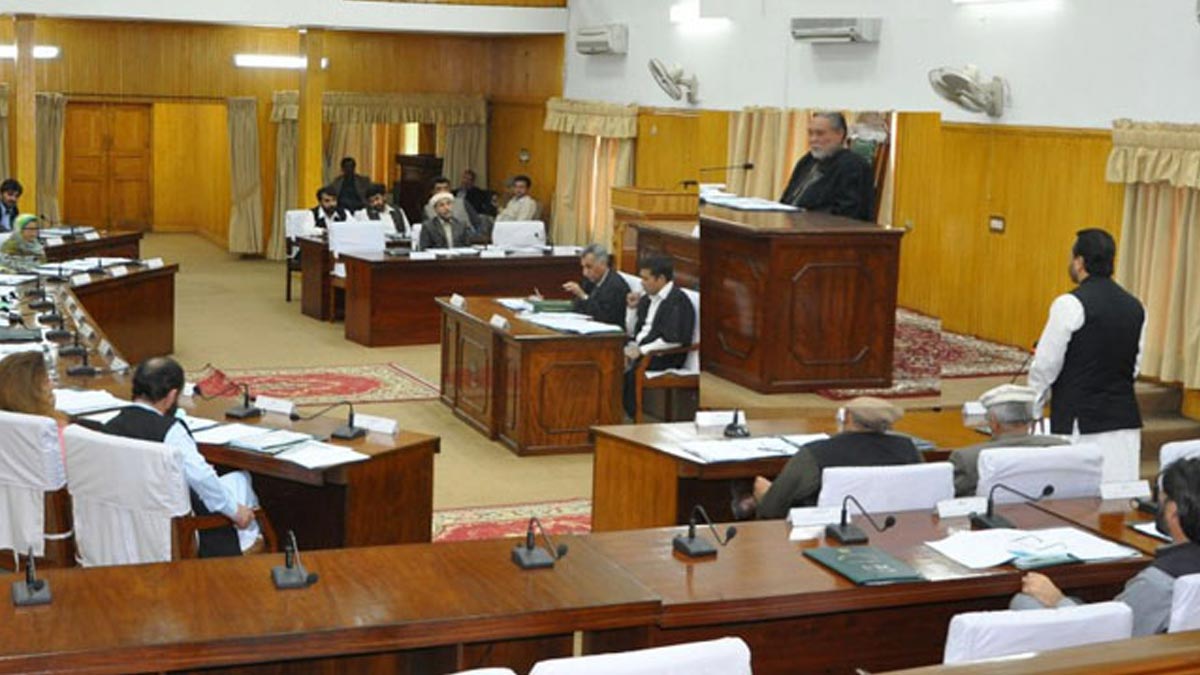
- January 24, 2023
- @admin
- 0
- 24th January 2023
- Iftikhar A. Khan
Islamabad: Over 40 elected councillors along with civil society representatives have called for a financially and administratively empowered local government (LG) system in Azad Jammu and Kashmir (AJK). They have also urged the government to organise training and capacity-building workshops to enable councillors to discharge their responsibilities effectively.
These views were shared at a workshop organised by the Centre for Peace, Development and Reforms (CPDR), aimed to analyse needs of the recently-elected councillors.
In his speech, the executive director of the Centre for Peace and Development Initiatives (CPDI) said that local government representatives have to play a crucial role in the fast-track development of AJK through their own innovative ideas rather than waiting for government support. He advised councillors to set measurable goals in the form of a five-year plan for their respective constituencies.
Public policy expert Dr Waqas Ali underlined the need to improve the empowerment component of elected officials so that they feel a sense of accountability as well as duty. Afraz Gardazi, an elected councillor from Bagh, said that people have attached huge expectations to elected representatives and we have to prove our leadership qualities by fulfilling the citizens’ expectations.
Amir Khurshid, a councillor from Rawalakot, emphasised on the need to hold capacity-building workshops in all district headquarters of AJK to educate newly elected LG’s councillors about laws and rules of business.
Speakers urge govt to organise
training workshops for elected councillors
Mohammad Ramazan Chugtai, a councillor from Mirpur, said that people at the local level should be well informed about their rights, the local government’s budget, and local development initiatives.
Dr Ishrat Sajjad said that women should be involved in the decision-making process and without their active participation, AJK cannot realise its true potential.
Amir Rafiq, a councillor from Rawalakot, lauded the AJK government for holding LG elections after a long break of 32 years. He hoped that all funds and powers will also be delegated to the councillors soon.
Abid Siddique, the chief editor of the Daily Dharti, advised LG councillors to improve their liaison with local authorities in order to complete current projects at a faster pace and avoid confrontational behaviour in the interest of their voters.
Rashid Afraz, a councillor from Rawalakot, highlighted the importance of transparency in all local government institutions to make them financially self-sufficient. He was of the view that huge revenue is being generated in all towns and cities which mostly goes into the pockets of the corrupt.
Sharing his experience, Javed Arif Abbasi, a district councillor from Dhirkot, said that with the help of the community, he completed several projects in his constituency. However, the LG’s rules of business have yet not been finalised, which is a cause of concern for everyone.
Ms Fatima Anwar, Ms Afifa Awais and Ms Mehwish Bakht appreciated the fact that LG elections were held peacefully and a sizeable number of women participated in the elections, dozens of whom will be elected on reserve seats soon which will significantly enhance women’s participation in the political arena.
Combating deforestation can be aided by empowering local governments but it works best when local users actively engage with their representatives, said Irtaza Mohammad.
Saeed Imtiaz, a councillor from Muzaffarabad, urged the government to decentralise all administrative powers and allow the elected councillors to run local affairs, envisage and implement development projects.
Azad Kashmir, like Pakistan, is experiencing severe climate change-related difficulties and is considered to be one of the most susceptible regions in this regard. The primary tactic for addressing climate change threats is the strategy of engaging the knowledgeable and empowered local government members in planning and action, said Bilal Amjad.
Concluding the event, Ershad Mahmud, executive director of CPDR, said that their organisation has offered a wide range of training opportunities, targeted specifically to demands of the local government. CPDR can also offer training sessions for several tiers of grassroots representatives based on their preferences.
He further emphasised that the dissemination of authority from local administration to elected representatives is a long-drawn process, requiring patience and persistent lobbying aligning with the public demand. It should be kept in mind that the influence of nearly 3,000 elected councillors cannot be further from being unnoticed by those in power.
Other speakers at the event included Matiur Rehman, Safdar Gardezi, Saquib Khan, Ashfaq Gardezi, Tariq Chugtai, Khaliq Qurban, Waqas Qayyum, Waseem Majeed, Imran Kiani, and Abid Hussain.
Media Links:
Dawn | Click Here








